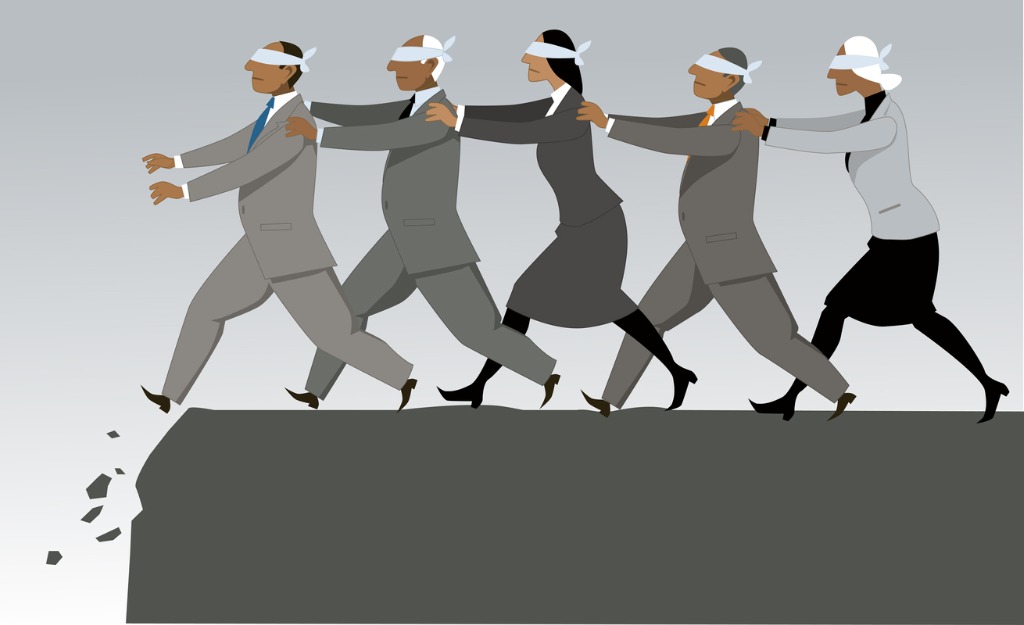
In the current climate (sic) of doom and gloom I have been struck by the special nature of our predicament. I am among the first to groan inwardly if I hear that clichée “The Chinese word for problem is the same as for challenge.” Actually, my research revealed that the Chinese word 问题 “wenti” is usually translated as problem or question. But then I always assumed it was another of those urban myths, like the Inuit having 357 different words for snow. But I digress…
While I was growing up in the UK, Harold MacMillan told us we never had it so good. I doubt if he would say the same today. In the 2020s we are confronted with a daunting number of issues, most interlinked. Here are just a few:
- Climate change
- Pollution
- The war in the Ukraine
- Covid
- Energy prices
- Inflation
- Grain shortages
- Agricultural reform
- Lack of sustainability
- Lack of skilled labour
- Migration
At the end of the 19th century people spoke of the mood as “fin de siècle” – in summary “done it all, what’s left?” Now we seem to be overwhelmed by the complexity of our situation and a feeling of no way out. In desperation people vote for politicians with scary policies as they have lost faith in all the others.
Crazy times indeed. The Ukraine chooses a comedian as president and he turns out to be a gifted leader. The UK chooses a leader who turns out to be a lousy comedian.
What strikes me, though, is the huge potential in our situation. Energy is becoming so expensive the alternatives – wind, sun, hydrogen etc. – have become viable and economically attractive.
Imported fertilizer and feed have risen in price so that organic approaches do not just feel “morally superior”, they make economic sense and promote bio-diversity and slow climate change.
Transport costs are rocketing; but where is the sense in moving goods hundreds or even thousands of miles from “cheap” production sites that often ignore their workers’ well-being?
Commuters sit in traffic jams, paying a large proportion of their salaries on transport and fuel when many could do much of their work from home.
Much of the West is complaining about a lack of skills, yet education in developing countries has reached such levels that thanks to the Internet the labour market has opened up globally.

I do not claim that all our problems are solved, but I marvel at so many particularly younger people’s ingenuity and doggedness in looking for and finding solutions, whether founding construction companies that recycle large proportions of buildings and materials, organic farmers pooling local resources, startups developing world-class vaccines, or even politicians setting a road map to eliminate fossil fuels in the foreseeable future. Technologies that have been neglected for years, such as the use of hydrogen or the storage of energy, are gaining enormous momentum. The creeping death of villages is slowed by initiatives of young start-up founders who have turned their backs on the big city and can operate from anywhere thanks to the Web. The new interest in sustainability promotes the most diverse projects for unsealing and restoring soil, reusing textiles, direct marketing of agricultural products or the spread of the so-called common good economy. Meanwhile, entire villages are self-sufficient in energy through wind, sun and biomass.
The transitions will, like all major changes, be uncomfortable, but we have spent the last 100+ years doing more of the same: more consumption, more mobility, more waste. While I do not share Harari’s claim that hunter-gatherers were happier than modern man, we are at a point where we need to make difficult decisions. Scarcity can create a wonderful focus for ingenuity.
Bildquellen
- blind-leads-blind-vector-id1147833413: Aleutie / iStock photo
- Change concepts with yellow paper airplane leading among white: phototechno / iStock photo

